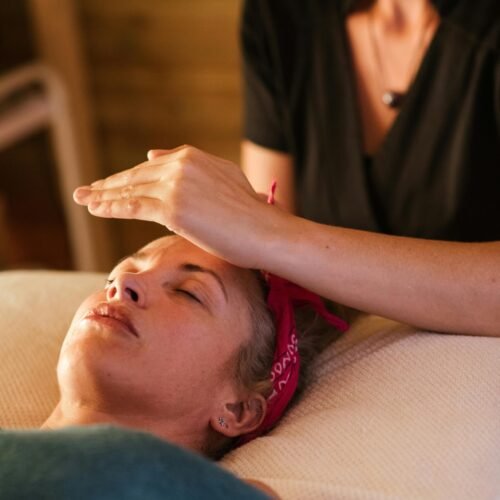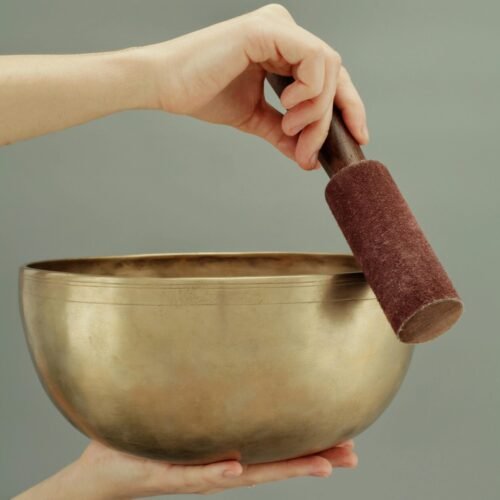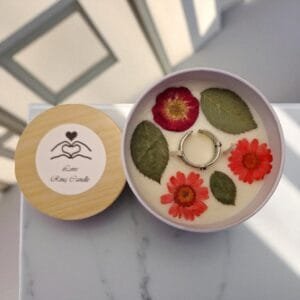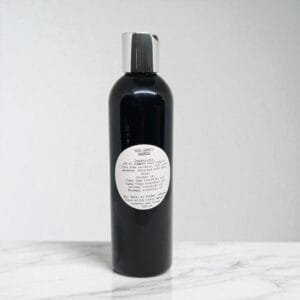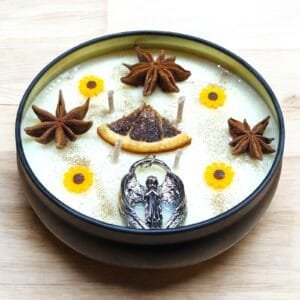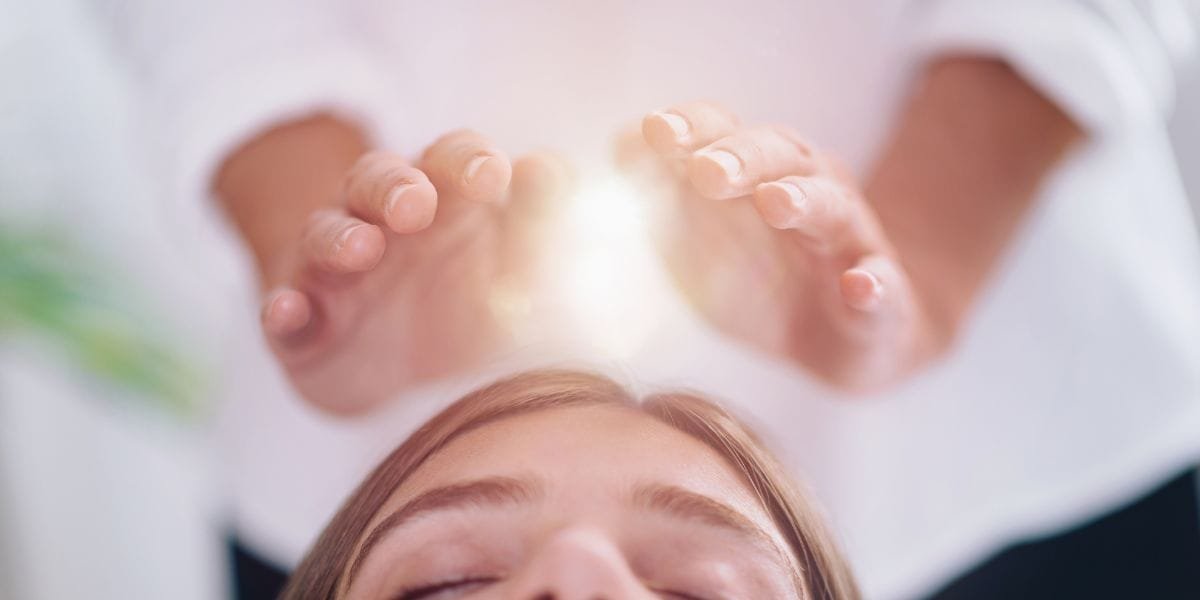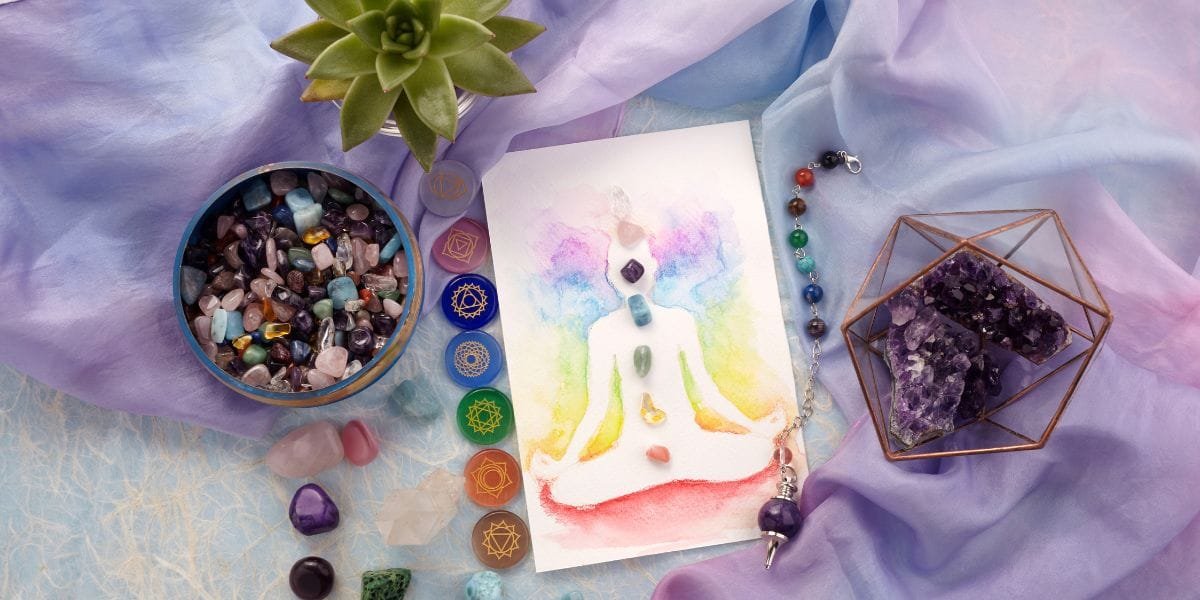Total:€99.60
Exploring Reiki Usui, history, treatment and Benefits.
Reiki, a form of alternative healing originating from Japan, has gained significant popularity worldwide for its gentle yet profound healing effects. Central to this practice is Reiki Usui, named after its founder, Mikao Usui. This blog delves into the rich history, treatment methods, benefits, the concept of healing crisis, and essential aftercare tips associated with Reiki Usui.
The History of Reiki Usui
Reiki Usui traces its origins back to the early 20th century. Mikao Usui, a Japanese Buddhist monk, founded this healing practice after a profound spiritual experience. Usui’s journey began with a quest to understand and harness the healing methods used by ancient sages and religious figures. This quest led him to extensive studies in Buddhism, Taoism, and Christianity, as well as an exploration of ancient texts.
In 1922, after a 21-day meditation retreat on Mount Kurama in Japan, Usui experienced a revelation that allowed him to develop the system of Reiki. He opened a clinic in Tokyo, where he began teaching and healing using the techniques he had discovered. His methods emphasized the use of universal life energy (Reiki) channeled through the practitioner’s hands to promote healing and balance within the body.
Reiki Usui Treatment Methods
Reiki Usui treatments are typically administered through a series of hand placements on or just above the body. Here is a step-by-step outline of a typical Reiki Usui session:
- Preparation: The session begins with the practitioner and the recipient setting an intention for the healing process. The recipient lies down fully clothed on a treatment table, and soft music or a quiet environment is maintained to enhance relaxation.
- Hand Positions: The practitioner gently places their hands on or above specific areas of the recipient’s body, usually starting at the head and moving down to the feet. Each hand position is held for several minutes, allowing the Reiki energy to flow.
- Energy Transfer: During the session, the practitioner acts as a conduit for Reiki energy. The energy flows from the practitioner’s hands into the recipient’s body, targeting areas of imbalance and promoting natural healing processes.
- Closing: The session concludes with a grounding technique to help the recipient feel centered and balanced. The practitioner and recipient may discuss any sensations or experiences that occurred during the session.
Benefits of Reiki Usui
Reiki Usui offers a range of benefits that contribute to overall well-being. Some of the key benefits include:
- Stress Reduction and Relaxation: Reiki promotes deep relaxation, helping to alleviate stress and anxiety. This relaxation response can enhance the body’s natural healing abilities.
- Emotional Healing: Reiki helps to release emotional blockages and promotes a sense of inner peace. It can assist in processing unresolved emotions and traumas.
- Pain Relief: Many recipients report a reduction in pain and discomfort following Reiki sessions. It can be particularly beneficial for chronic pain conditions.
- Enhanced Energy Levels: Reiki can help balance the body’s energy systems, leading to increased vitality and a sense of rejuvenation.
- Improved Sleep: By promoting relaxation and reducing stress, Reiki can improve the quality of sleep and help with insomnia.
- Holistic Healing: Reiki addresses the physical, emotional, mental, and spiritual aspects of health, promoting a holistic approach to well-being.
Healing Crisis
Sometimes, after receiving Reiki, individuals may experience what is known as a “healing crisis.” This phenomenon occurs when the body begins to detoxify and heal itself, potentially leading to temporary discomfort. Symptoms can include:
- Emotional Release: Feelings of sadness, anger, or joy may surface as the body releases stored emotions.
- Physical Symptoms: Fatigue, headaches, or flu-like symptoms can occur as the body expels toxins.
- Intensified Symptoms: Existing ailments may temporarily worsen as part of the healing process.
A healing crisis is generally seen as a positive sign that the body is responding to the Reiki treatment and undergoing a significant healing process.
Aftercare Tips
Proper aftercare following a Reiki session can enhance the healing process and help manage any discomfort from a healing crisis. Here are some essential aftercare tips:
- Hydration: Drink plenty of water to help flush out toxins and support the body’s detoxification process.
- Rest: Allow yourself ample time to rest and integrate the healing energies. Listen to your body and avoid strenuous activities if you feel fatigued.
- Balanced Diet: Eat a balanced diet rich in fruits, vegetables, and whole grains to support overall health and well-being.
- Gentle Exercise: Engage in gentle exercises such as yoga or walking to help maintain the flow of energy and promote physical well-being.
- Journaling: Keep a journal to note any thoughts, emotions, or physical sensations that arise after the session. This can help you track your healing journey and identify patterns.
- Mindfulness and Meditation: Practice mindfulness or meditation to stay centered and grounded. This can help you process emotions and maintain a state of inner peace.
Conclusion
Reiki Usui is a gentle yet powerful healing practice with roots in ancient traditions and a modern application for holistic well-being. Its history is steeped in the spiritual journey of Mikao Usui, whose discovery has transformed the lives of many. Through its simple yet profound treatment methods, Reiki Usui offers a myriad of benefits, from stress reduction and emotional healing to pain relief and enhanced energy levels. Understanding the concept of a healing crisis and following proper aftercare tips can further enhance the healing experience. Whether you seek to complement conventional medical treatments or embark on a journey of self-discovery and healing, Reiki Usui offers a path to balance, harmony, and inner peace.
Perseverance is not a long race; it is many short races one after the other.
Walter Elliot



